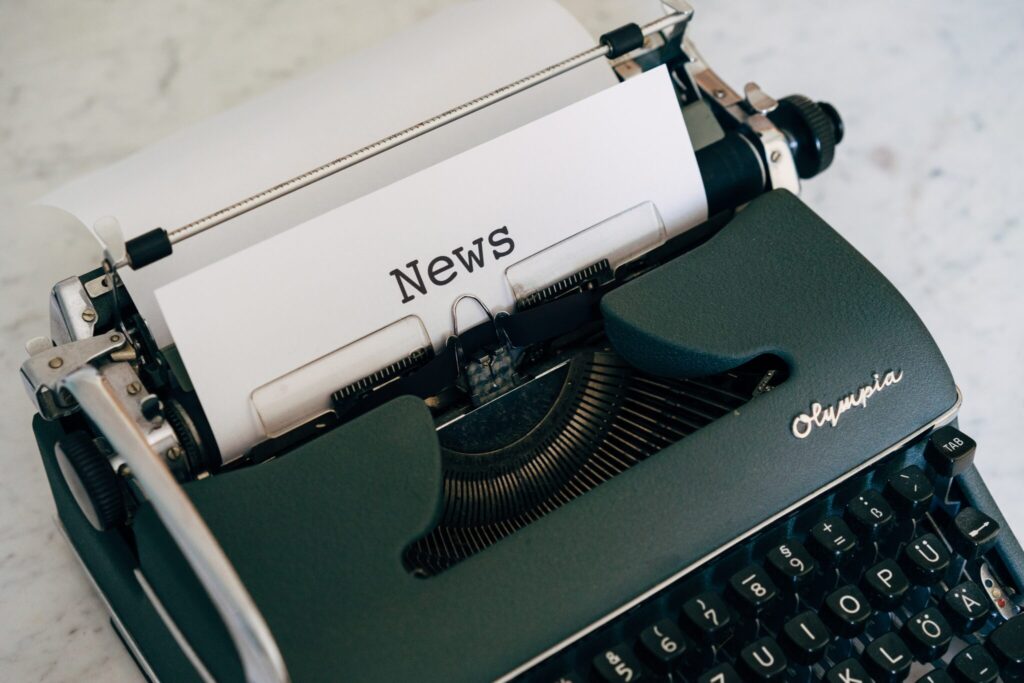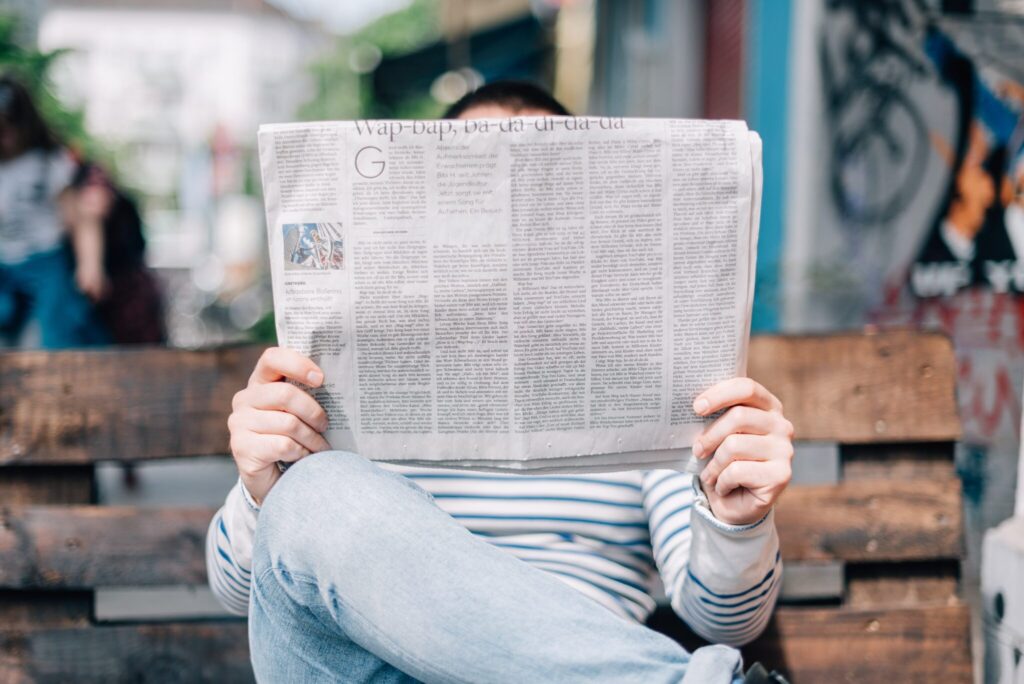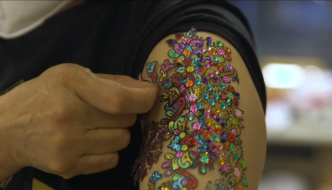
When the Duke and Duchess of Sussex recently announced that they would no longer work with the British tabloids because of their belief that the journalists write “distorted” news, many were surprised at their critical language. Although that description is strongly-worded, the truth behind it can hardly be denied. After all, the very next day the Daily Mail, one of their banned tabloids, accused the Sussexes of “breathtakingly haughty arrogance” for “banning four British newspapers from their lives.”
Terms like “media bias” and “liberal media” are all too common here in the U.S. Our news is divided into the left-leaning media like CNN and MSNBC, and the right-leaning media like Fox News and Breitbart. This media bias stems from a mix of support bases, current owners, and politicization. For example, MSNBC tends to have a Democratic viewership, the founder of Fox News (Rupert Murdoch) favours Republican candidates, and President Trump calling CNN “fake news” expectedly added fuel to any liberal fires already burning in their newsroom.
And these three factors are also in play a hop, skip, and jump across the pond in Britain. Let’s take historic support bases. Perhaps one of the largest supporters in terms of the British media is the Crown. For decades, only journalists who are part of the Royal Rota, or a pool of the British media chosen by the Crown, have been allowed to cover events with the Royal Family. The Rota includes: the Daily Express, the Daily Mail, the Daily Mirror, the Evening Standard, The Sun, The Telegraph, and The Times. The Rota, at least in theory, enables the Crown to influence what those newspapers can print, because no newspaper wants to risk losing access to the Royals. Whether the Crown has ever exercised this power is hard to know, but The Sun, for example, issued an apology to the Queen after its owner Rupert Murdoch (yes, the same Murdoch who owns Fox News) “discussed [it] at the very highest level.”
However, Royals aren’t the only supporters who can influence British media bias; so do readers. A 2017 survey shows that 73% of The Guardian readers voted for the Labour Party, and 12% for the Liberal Democrats; The Guardian is known to lean to the left. Meanwhile, 79% of the right-leaning Daily Telegraph readers voted for the Conservative Party. This expected pattern holds true across several other major newspapers in Britain that are known to exhibit bias as well. And strongly polarized readerships ensure that newspapers must embrace viewpoints that appease their reader base, as many newspapers rely on selling copies to survive.

Speaking of finances, media bias is also influenced by the other primary source of funding – current owners. Six billionaires own the majority of most major national papers in Britain, including papers like the Daily Mail and The Sun on the right, and The Independent on the left. While owners usually don’t play a hands-on role in their publications, they do have the power to bias content, should they choose to do so. For example, reports suggest that Murdoch, who owns The Sun and The Times, might pressure his editors to ensure that publications match his own political leanings. One former employee claimed that newsroom editors often asked themselves “what will Rupert think of this?” before publishing content.
Perhaps the most unanticipated influence on bias, however, doesn’t come from business leaders, but from political ones. Direct politicization of newspapers in Britain has led to somewhat predictable results. Boris Johnson’s attack on news outlets like the BBC have probably left journalists with a negative opinion of him, one that is hard to completely keep out of their coverage. For example, the BBC did not cover Johnson’s remarks after he snubbed them by using an in-house crew to tape it.
The fact that there are so many different influences on the media today makes it hardly surprising that the news in Britain displays biases, just like in the U.S. Indeed, as the connectivity of the world increases, the opinions of supporters, owners, and politicians influencing media biases are likely to only become even more commonplace. And as readers, it’s going to be our responsibility to reward newspapers for impartial reporting, in order to stop media bias from further spread.
Janani Mohan is the co-founder of iKeyVault, a cybersecurity startup, and Dweebs and Dogs, an international non-profit offering free mentorship, resume reviews, and mental health advice. She graduated UC Berkeley, Summa Cum Laude in Political Science, and has worked with several leading government organisations and think tanks in the U.S.




Comments